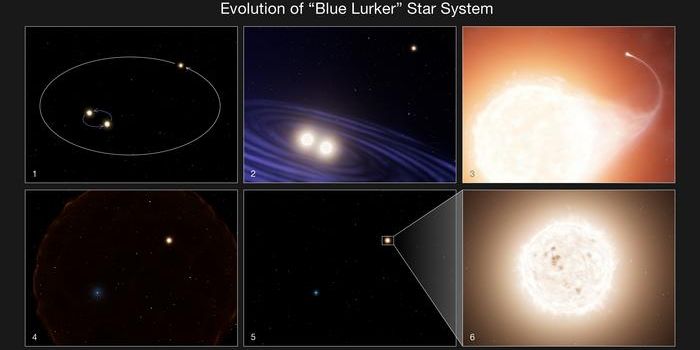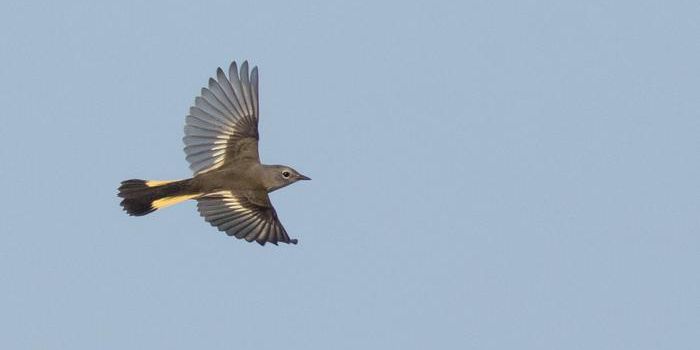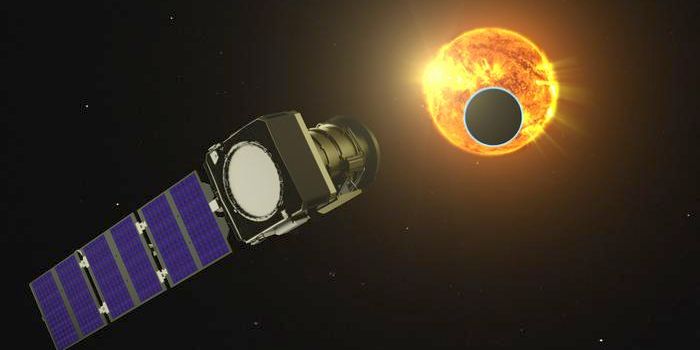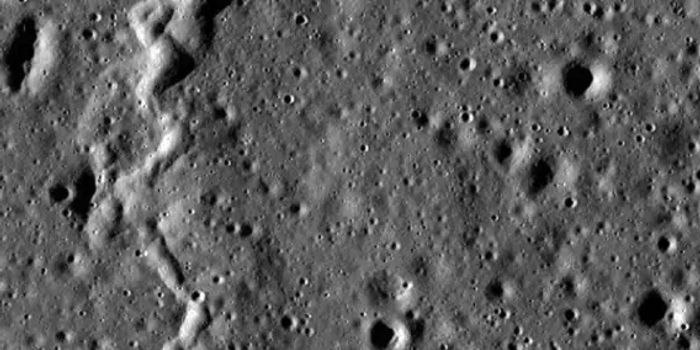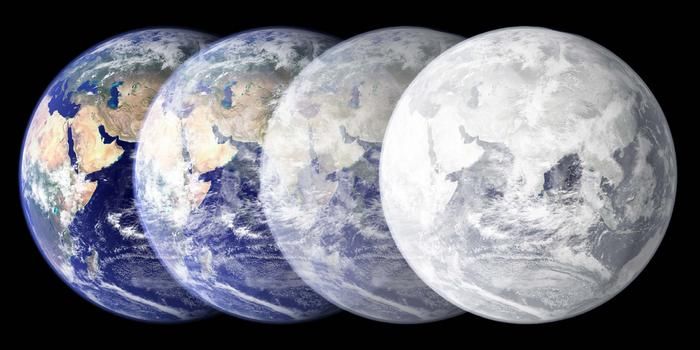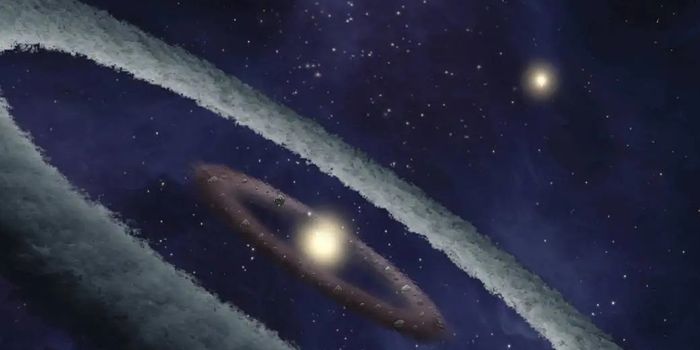When does a new ecosystem begin?
New research from scientists at Friedrich-Alexander-Universität Erlangen-Nürnberg (FAU) reports a novel method for monitoring changes to ecosystems. The study tracks the rate of large-system changes in the environment in order to determine if such changes are occurring at an abnormal rate. The findings are published in the journal Science.
In order to monitor systemic changes, the research team first had to answer the question: when does an ecosystem become a new, distinct ecosystem? Ecologists typically say that an ecosystem is new when very rapid changes occur in a geographical range where organisms exist, resulting in conditions that were not there prior to the changes. The key here is the *rapid* factor – i.e. how fast are these changes actually occurring?
“The problem is knowing at which point we can say it's a new ecosystem,” explains Professor Wolfgang Kießling from the Chair of Paleoenvironmental Research at FAU. “We have now developed a method that allows us to distinguish such events from normal background noise.”
As Professor Kießling alludes, we can recognize that there is constant change within ecosystems at a slow background level. But what is the limit that can be classified as a rapid shift? Ecologists say that these rapid shifts are often those called by human interference – such as climate change.

To quantify those changes, Kießling and his colleagues devised a statistical model that they tested on fossil ecosystems from a period ranging over 66 million years. They found that the risk of extinction during periods of significant change is 2-4 times higher than under normal conditions. Meanwhile, there is also a higher occurrence of migration and new species.
“Changes have always occurred in ecosystems and they will continue to do so,” Kießling concludes. “In terms of protecting the environment, it's therefore important not to prevent changes in general, but to try and steer them in a direction that does not have an increased risk of extinction.”
Sources: Science, Eureka Alert

